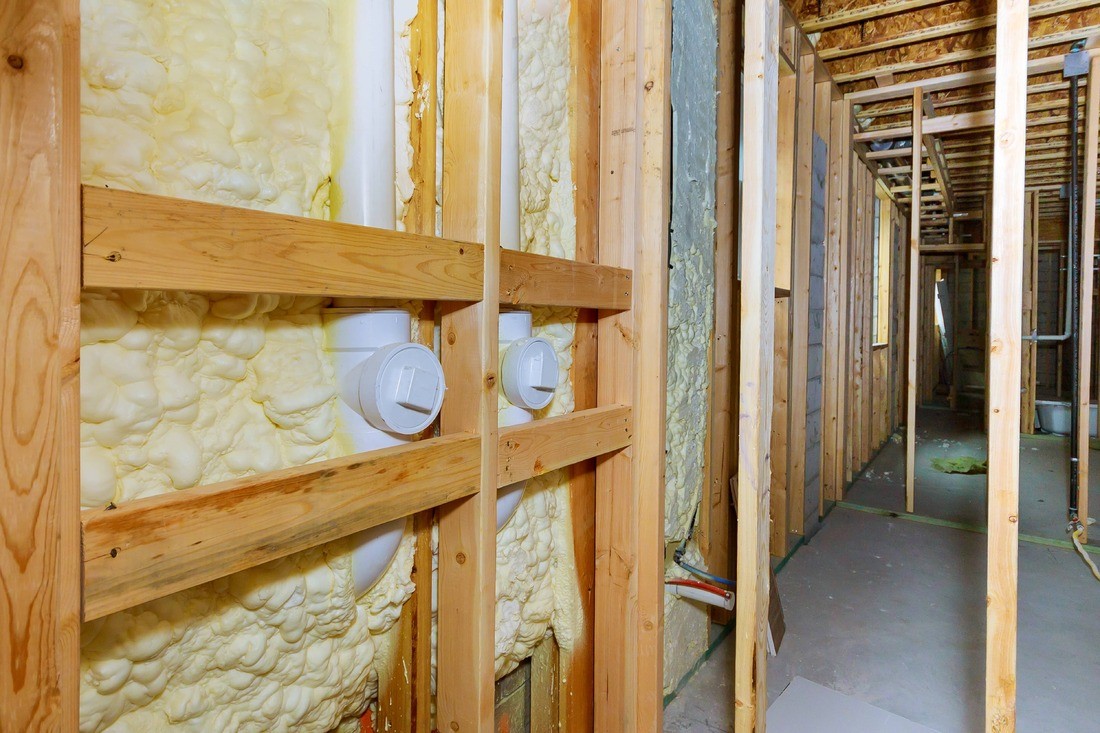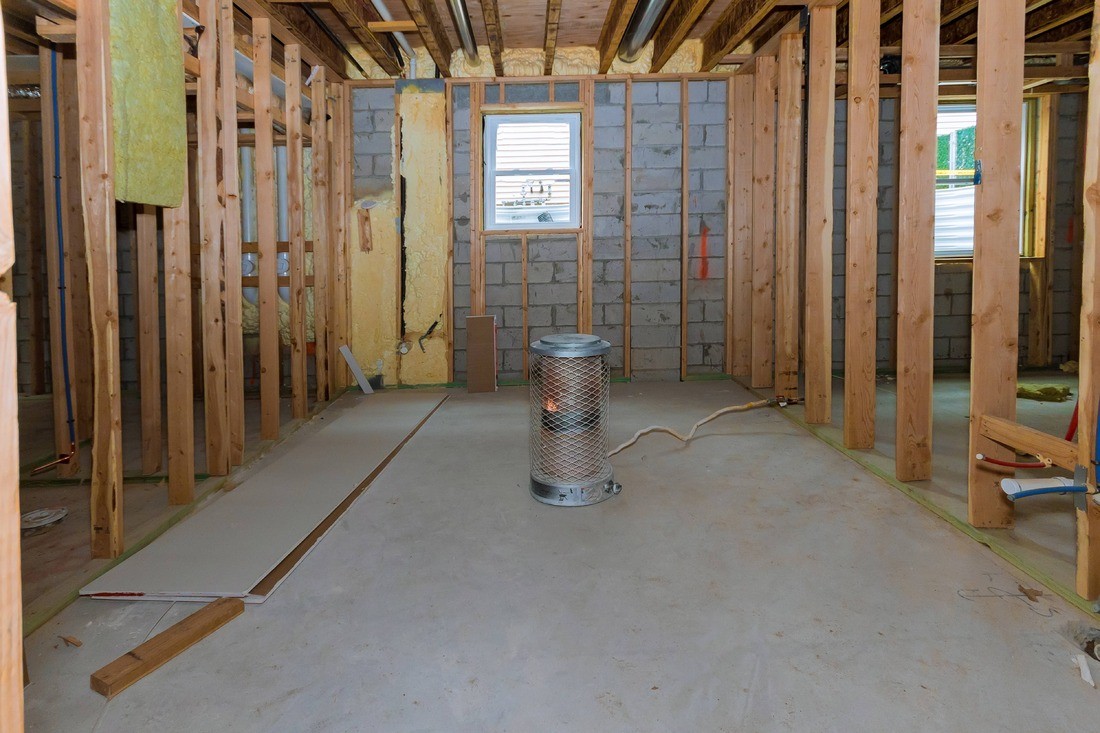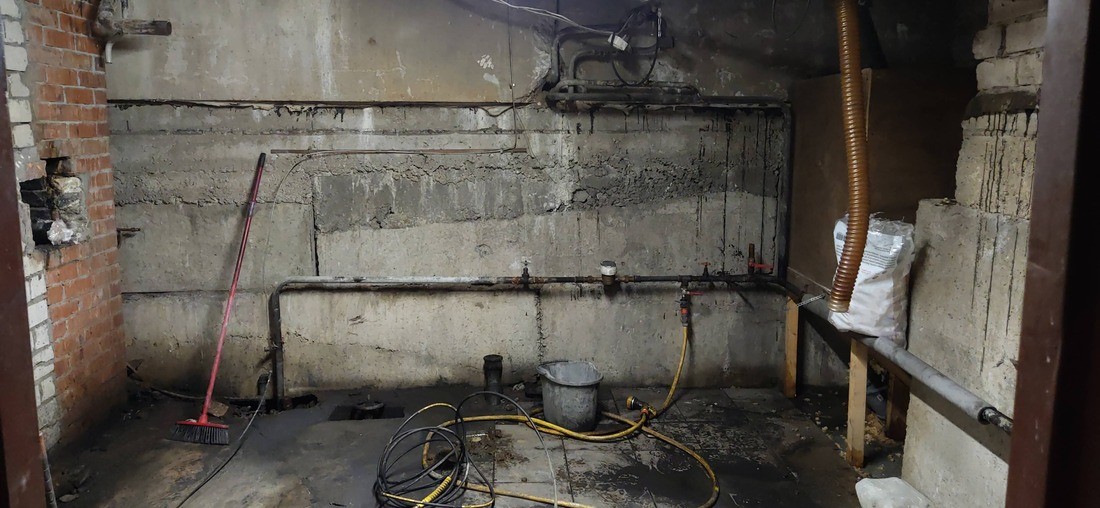
Introduction
Water damage can be a devastating experience for homeowners. When such an event occurs, it is crucial to act quickly and hire a reputable water damage restoration company to mitigate and repair the damage. However, not all restoration companies have the best intentions. Scammers often take advantage of vulnerable homeowners by offering subpar services or charging exorbitant fees. In this article, we will explore the red flags to look out for when dealing with water damage restoration scams and provide tips on how to protect yourself.
Common Water Damage Scams
1. Unlicensed Contractors
One of the biggest red flags is dealing with unlicensed contractors. These individuals may not have the necessary skills or qualifications to perform proper water damage restoration. They may offer lower prices to attract customers, but the results may be subpar or even exacerbate the damage.
2. False Insurance Claims
Some scammers may encourage homeowners to file false insurance claims for water damage. They may promise to handle the entire process and offer to inflate the claimed damages to increase the insurance payout. Such dishonest practices can lead to legal trouble for homeowners and may result in their insurance coverage being compromised.

3. High Pressure Tactics
Scammers often use high-pressure sales tactics to push homeowners into making quick decisions. They may claim that immediate action is necessary to prevent further damage and use fear-based strategies to convince homeowners to hire their services. Be wary of anyone who tries to rush you into making a decision without providing adequate time for research and consideration.
4. Upfront Payment Requests
If a restoration company demands full payment upfront or asks for a large deposit before starting the work, it could be a sign of a scam. Legitimate companies typically require a deposit or partial payment and then invoice for the remaining balance once the work is complete. Pay attention to payment terms and avoid companies that ask for excessive amounts upfront.
5. Lack of Proper Documentation
Legitimate water damage restoration companies provide detailed documentation of the damage assessment, scope of work, and estimated costs. If a company refuses to provide written contracts or documentation, it is a red flag indicating potential scamming practices. Without proper documentation, homeowners have no recourse if the work is unsatisfactory or if there are billing disputes.
Protecting Yourself from Water Damage Scams
1. Research and Verify Credentials
Before hiring a water damage restoration company, research and verify their credentials. Check if they are licensed and insured, and look for customer reviews and ratings. Reputable companies will have a physical address and a professional website. Get referrals from friends, family, or your insurance company to ensure you are working with a trustworthy provider.
2. Get Multiple Estimates
Obtain multiple estimates from different restoration companies to compare prices, services, and terms. Be cautious of estimates that are substantially lower or higher than the average. Extremely low estimates may suggest subpar services or hidden fees, while overly high estimates may indicate potential price gouging.

3. Ask for Proof of Insurance
Always ask for proof of insurance from water damage restoration companies. This includes general liability insurance and workers’ compensation coverage. Without insurance, you could be held liable for any accidents or damages that occur during the restoration process.
4. Read Contracts Carefully
Read and understand all contracts and agreements before signing. Pay attention to cancellation policies, warranties, and guarantees. Seek clarification on any unclear terms or conditions. If a company refuses to provide a written contract, consider it a red flag and look for a different provider.
5. Trust Your Gut
If something feels off or too good to be true, trust your instincts. Scammers often employ deceptive tactics to gain your trust. If a company gives you a bad vibe or tries to pressure you into immediate action, it is best to walk away and find a more reputable option.
Conclusion
Spotting water damage scams and protecting yourself from fraud is crucial when dealing with the aftermath of water damage. By being aware of the red flags and following the tips provided in this article, you can avoid falling victim to unscrupulous practices. Always choose a licensed and reputable water damage restoration company that has a proven track record of providing quality services. Protecting your home and your investment starts with making informed decisions.



